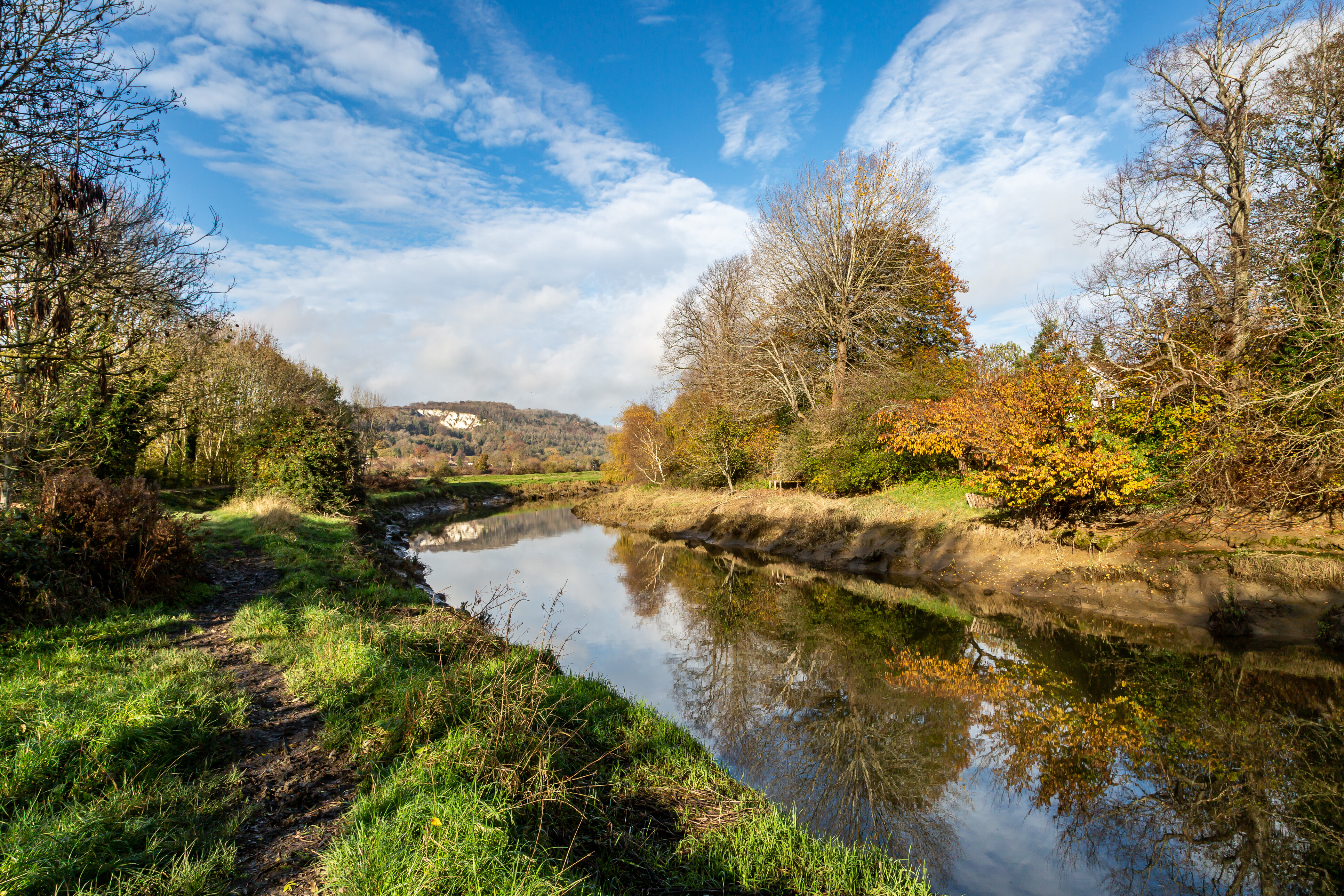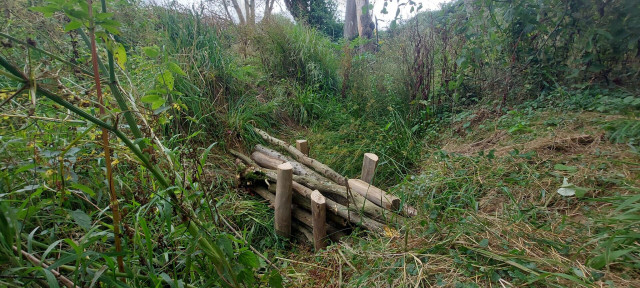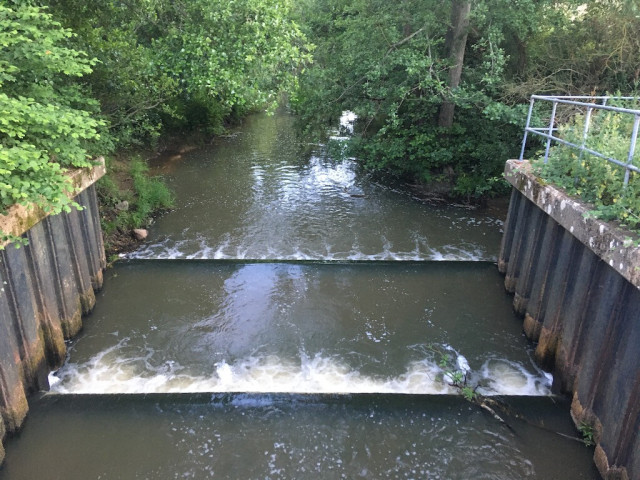Climate change is a major threat to the health of our waterways, increasing the risk of droughts alongside high intensity storms which will impact both rural and urban populations. Only through increasing our knowledge of catchment hydrology can we begin to implement solutions which consider not just the present but future resilience for the next generation. Through our work on floods, drought and climate we are looking ahead to ensure the right interventions, in the right place, enabling an adaptive pathway approach to our catchments long term health.
Our Aims
We will build resilience into rivers and streams enabling them to adapt against periods of low flow, focusing on increased permeability, reduced abstraction, water sustainable agriculture and, nature-based, on-farm storage. Alongside this we are working strategically to provide natural flood management (NFM) solutions at scale, based on data and evidence to identify the most appropriate locations for installation. Within urban environments we will create a network of water focused nature-based solutions enabling urban nature recovery and working with households, schools and public bodies to implement community wide approaches to reducing runoff from hard standing areas.
Our Priorities
Increase our, and others, knowledge of catchment hydrology, seeking to understand the relationships between base flow recharge, hydrology, and abstraction from within the catchment, leading to the co-development of a ‘Low Flow Action Plan’ for the catchment.
Deliver Phase 1 of the Adur Adaptation Project, seeking to reduce peak flows at Bramber by 10% through working with natural processes to prepare the catchment for the future climate.
Seek long term funding to incorporate and expand the “Storing the Storm” and “Urban Wetland Network” projects.
Based on the outputs of NFM opportunity mapping, target areas on the River Uck where NFM has been highlighted as beneficial to both Uckfield and Lewes.
Working with landowners to provide on farm water resilience through the WaFER project. Seeking alternatives to river or borehole abstraction through rainwater harvesting from farm buildings and nature-based solutions for water storage across landholdings.
Expand our impact in reducing the impacts of both flooding and drought conditions across the Bevern & Longford Streams.







